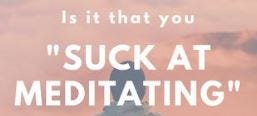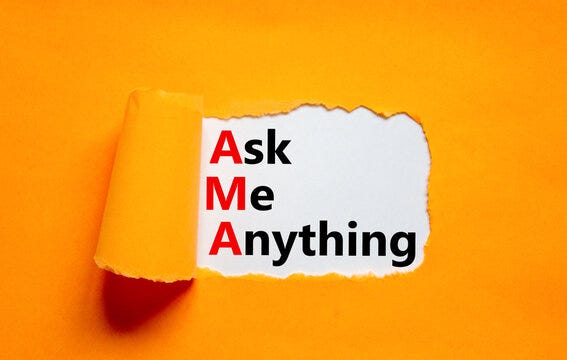Does Mindfulness Really Impact Prejudice? Big Results + a New 3-Dimensional Model
Plus Reminder for Premium Subscribers: Ask Me Anything Today at 3PM EST!
I have been very forthcoming about how much of the mindfulness research over the past decade bores me. The questions being asked are rarely different from what Jon Kabat-Zinn and Richard Davidson explored from the 1970s to 2000s [article], with recent gems from Amishi Jha, Kirk Brown, and David Creswell. Plus there is the simply profound work by Tara Brach and Sharon Salzberg. Do check out these links which connect to free articles, podcasts, and exercises.
That said, a new meta-analysis of 70 studies explored how mindfulness improves intergroup bias or the “tendency to evaluate members of one’s own group more favorably than members outside of one’s group.” As interesting as the scientific results [read here] is a three-dimensional model on how an intervention such as mindfulness might dismantle biases.
Here’s an illustration:
The dimensions on the left hand side address:
Manifestations of Bias (types): Implicit attitudes are automatic and unconscious, while explicit attitudes are more conscious and deliberate.
Intergroup Orientation: This involves either supporting bias or working against it (anti-bias).
The dimension in the middle addresses:
Bias Target (who it’s against): Bias can be directed at people outside one's group. Internalized bias happens when marginalized groups, like racial minorities or LGBTQ individuals, absorb negative stereotypes about themselves from the culture they are embedded in.
This simple model allows us to organize what we know and what remains to be explored in a comprehensive manner. It’s time to stop using crude language, claiming someone hates a group. Instead, how exactly are their biases showing in attitudes, affect, and behavior? Because the vast majority of humans are not extremely high or low on all of these dimensions. Clarify the exact problem and it is easier to personalize an intervention that might work.
As for mindfulness, it can be both a personal trait and a method to reduce bias. It not only targets bias against others but also how marginalized groups might internalize harmful attitudes directed at them.
Results
Does mindfulness help reduce biases? It appears to be somewhat of an antidote to intergroup bias but not nearly as powerful as touted in workshops, books, and TED talks.
Mindfulness intervention studies show a medium effect size (g = −.56), while correlational studies only show a small effect (r = −.17). Mindfulness interventions yield a larger effect size compared to correlational studies on bias outcomes (g = +.33 for interventions; g = +.24 for trait mindfulness).
Upon considering specific bias outcomes (with the three-dimensional model), Mindfulness-Based Interventions wielded a large effect on behaviors, a large effect on affect and explicit attitudes, and a medium effect on implicit attitudes. When restricting the analysis to Randomized Controlled Trials, the findings were consistent—showing stronger effects for biased behavior and affect, followed by explicit and implicit attitudes.
Correlational studies echoed this pattern, albeit with small effects. The associations with explicit attitudes and affect fall into the small range, while implicit attitudes showed no significant link.
These findings offer evidence that mindfulness can reduce bias but it only appears to meaningfully impact explicit biases (what people are aware of). Implicit biases are far more resistant to change.
Let’s continue to discuss biases with specificity. By being clear about what works and what doesn’t work, without exaggerated claims, people will be more trustworthy of what scientists discover - and perhaps more open to becoming more compassionate and caring.
If you enjoyed this work, consider supporting me:
Share this on social media and send it to friends (hope they enjoy it too);
Leave a ❤️ and comment (which gives an algorithm boost);
If you’ve been enjoying Provoked then you might want to join today’s monthly Ask Me Anything session at 3pm EST.
Details for paid subscribers below:







